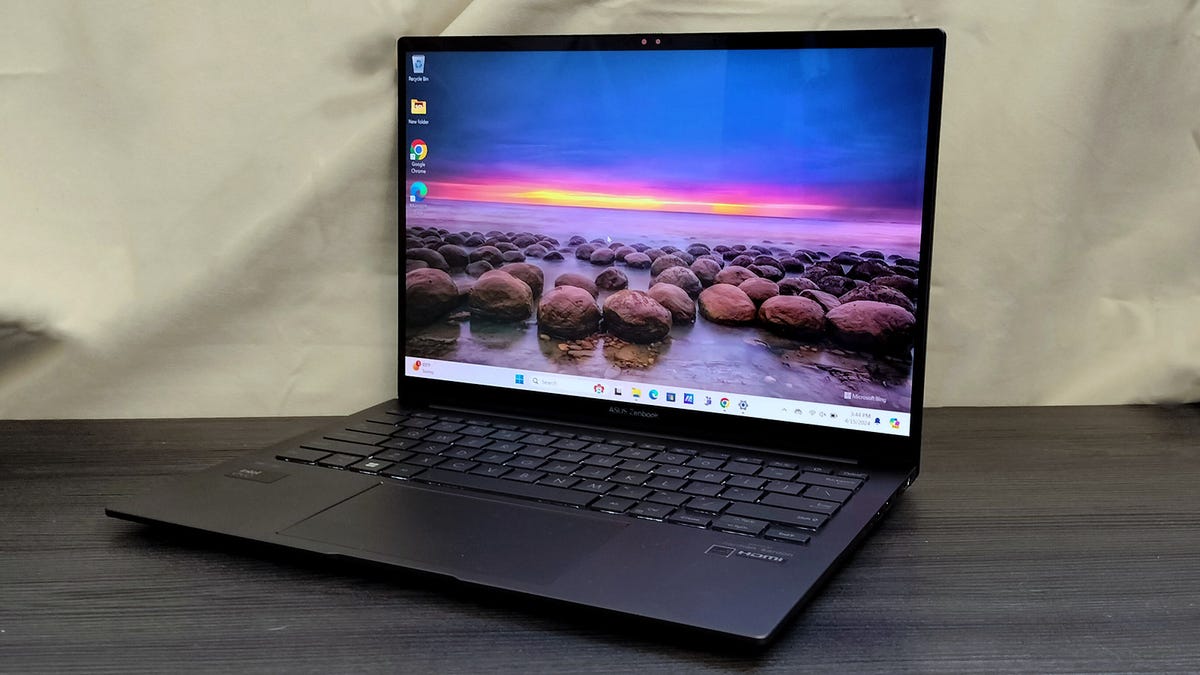BOOK THIS SPACE FOR AD
ARTICLE ADApple is heading into a courtroom faceoff against the company behind the popular Fortnite video game, reviving a high-stakes antitrust battle over whether the digital fortress shielding the iPhone's app store illegally enriches the world's most valuable company while stifling competition.
Oral arguments Monday before three judges on the Ninth Circuit Court of Appeals are the latest volley in legal battle revolving around an app store that provides a wide range of products to more than 1 billion iPhone handsets and serves as a pillar in Apple's $2.4 trillion (roughly Rs. 1,94,77,360 crore) empire.
It's a dispute likely to remain unresolved for a long time. After hearing Monday's arguments in San Francisco, the appeals court isn't expected to rule for another six months to a year. The issue is so important to both companies that the losing side is likely to take the fight to the US Supreme Court, a process that could extend into 2024 or 2025.
The tussle dates back to August 2020 when Epic Games, the maker of Fortnite, filed an antitrust lawsuit in an attempt to obliterate the walls that have given Apple exclusive control over the iPhone app store since its inception 14 year ago.
That ironclad control over the app store has enabled Apple to impose commissions that give it a 15 percent to 30 percent cut of purchases made for digital services sold by other companies. By some estimates, those commissions pay Apple $15 billion (roughly Rs. 1,21,820 crore) to $20 billion (roughly Rs. 1,62,430 crore) annually — revenue that the Cupertino, California, company says helps cover the cost of the technology for the iPhone and a store that now contains nearly 2 million mostly free apps.
US District Judge Barbara Gonzalez Rogers sided almost entirely with Apple in a 185-page ruling issued 13 months ago. That followed a closely watched trial that included testimony from Apple CEO Tim Cook and Epic CEO Tim Sweeney, as well as other top executives.
Although she declared Apple's exclusive control over iPhone apps wasn't a monopoly, Gonzalez Rogers opened one loophole that Apple wants to close. The judge ordered Apple to allow apps to provide links to payment alternatives outside the app store, a requirement that has been put off until the appeals court rules.
Monday's arguments are expected to open with Epic lawyer Thomas Goldstein trying to persuade the trio of judges — Sidney R. Thomas, Milan D. Smith Jr., and Michael J. McShane — why Gonzalez Rogers should have looked at the iPhone app store and the payment system as distinctly separate markets instead of bundling them together.
A lawyer for the Justice Department will also get a chance to explain why the agency believes Gonzalez Rogers interpreted the federal antitrust law too narrowly, jeopardizing future enforcement actions against potentially anti-competitive behavior in the technology industry. Although the department technically isn't taking sides, its arguments are expected to help Epic make its case that the appeals court should overturn the lower court decision.
Another lawyer for the California Attorney General's office will present arguments defending the law that Gonzalez Rogers cited in ordering Apple to provide links to alternative ways to pay outside its app store.
Apple lawyer Mark Perry will get the chance to make the final arguments, giving him an opportunity to tailor a presentation aimed at answering some of the questions that the judges may ask the lawyers preceding him.
Much of what Perry says is likely to echo the successful case that Apple presented in the lower court.
During his testimony in lower court, Cook argued that forcing Apple to allow alternative payment systems would weaken the security and privacy controls prized by consumers who buy iPhones instead of devices running on Google's Android software. That scenario would create “a toxic kind of mess,” Cook warned on the witness stand.
Even as he railed against Apple's ironclad grip on the app store, Sweeney acknowledged he owns an iPhone himself, partly because of its security and privacy features.
Affiliate links may be automatically generated - see our ethics statement for details.
.png)
 2 years ago
85
2 years ago
85 














 Bengali (Bangladesh) ·
Bengali (Bangladesh) ·  English (United States) ·
English (United States) ·